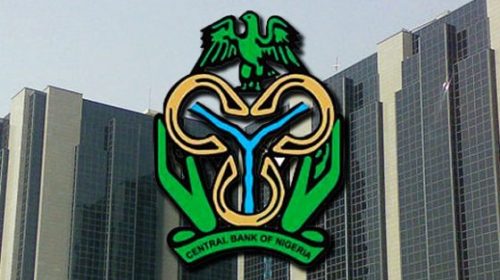CBN Floats In Initiatives To Promote financial inclusion
By NGOZI ONYEAKUSI

The Central Bank of Nigeria (CBN) has launched three initiatives to drive financial inclusion in the country.
The initiatives were launched at the second edition of the International Financial Inclusion Conference, which was held in Lagos on Tuesday under the theme, ‘Inclusive Growth: Harnessing Inclusion for Economic Development’.
Speakers at the event highlighted the fact that women, and youths including small and medium enterprises were the most financially excluded categories of people in Nigeria.
The IFIC is Nigeria’s leading financial Inclusion event hosted by the National Financial Inclusion Governance Committees.
It is an engagement platform for regulatory institutions, financial services providers, development partners, and other financial inclusion ecosystem players and stakeholders to foster dialogue around contemporary developments, identify challenges to achieving financial inclusion goals, and propose solutions to ensure a more inclusive financial system.
The initiatives unveiled during this year’s conference include the Women Financial Inclusion Dashboard which allows regulators and policymakers to identify and prioritise gender gaps in financial services; the Women Entrepreneurs Finance Code, which is a platform designed to transform the financing landscape for women-owned Micro, Small, and Medium Enterprises globally.
The other is the Roadmap for the financial inclusion of Forcibly Displaced Persons, which is aimed at mobilising the collaborative efforts of financial institutions, regulatory bodies, government agencies, and non-governmental organisations to support FDPs in overcoming financial barriers, accessing essential services and establishing the foundation for their economic independence.
Speaking at the conference, the Governor of the Central Bank of Nigeria, Olayemi Cardoso, said that the new capital requirement for banks operating in the country would boost their ability to drive financial inclusion.
He said, “In line with its efforts to deepen financial inclusion, the Central Bank of Nigeria recently introduced new minimum capital requirements for banks. This strategic move ensures that banks are well-capitalised, enabling them to take on greater risk, particularly in underserved markets. With a stronger capital base, banks can provide more loans and financial products to MSMEs, rural communities, and other vulnerable segments that have previously struggled to access former financial services.
“This policy not only strengthens financial stability but also serves as a catalyst for inclusive growth. By enabling banks to extend more credit to MSMEs, we enhance job creation and productivity. Furthermore, with increased capital, banks can invest in technology and innovation crucial for driving digital financial services such as mobile money and agent banking.”







Leave a Reply